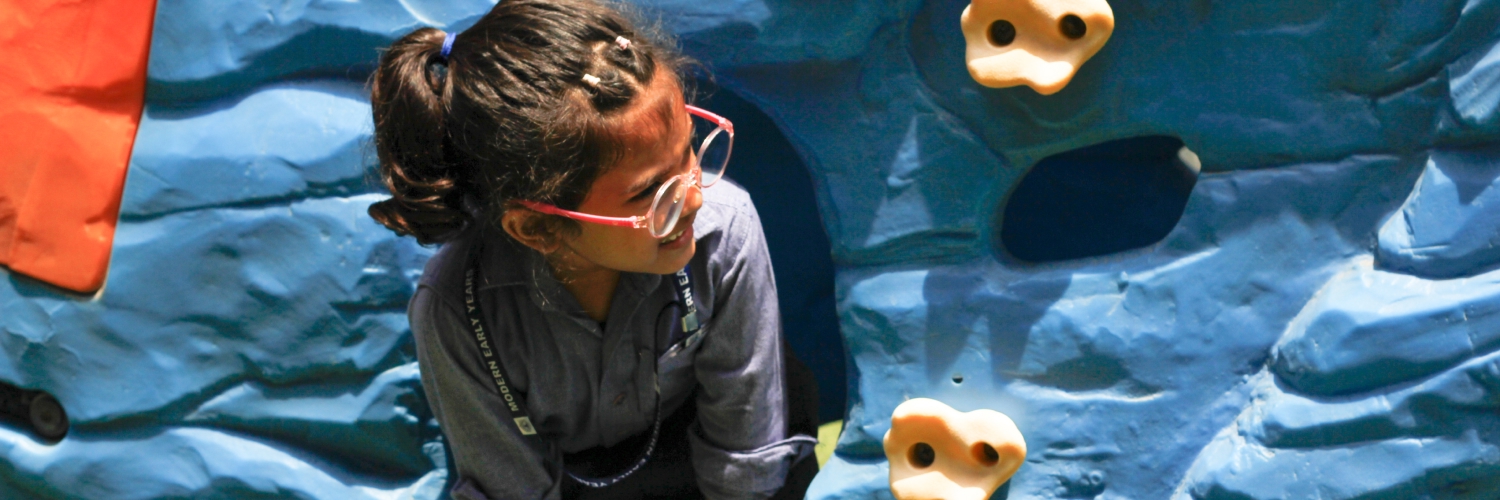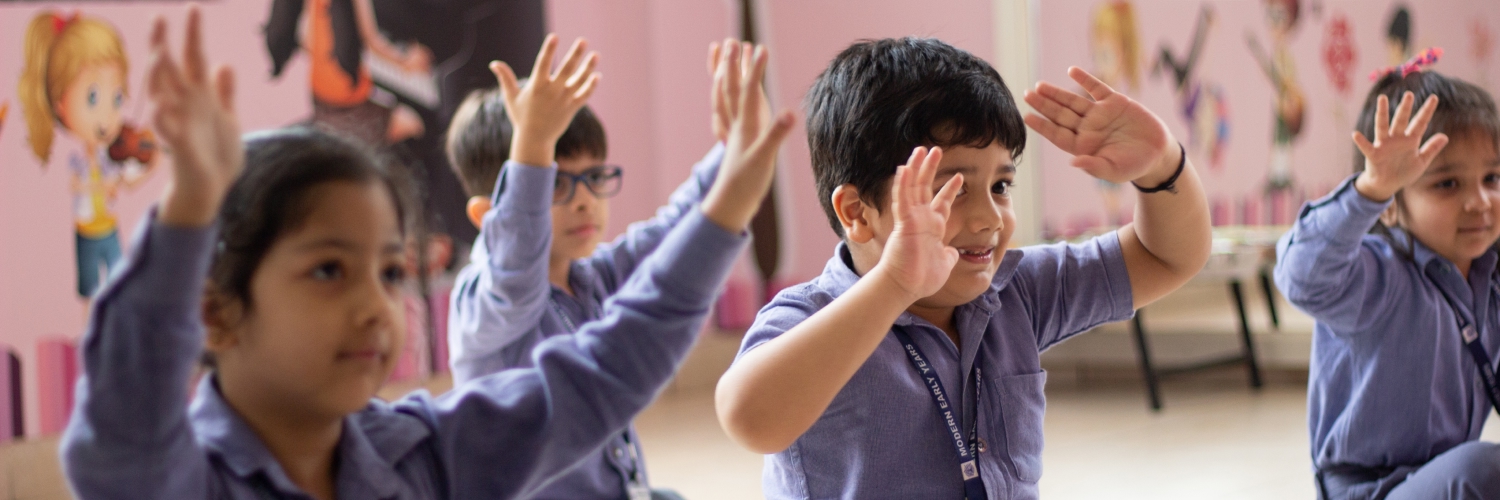
As parents and educators, we often focus on teaching children academic skills: numbers, letters, and general knowledge. But equally important is teaching them how to live harmoniously in society. At Modern School Deepali Early Years, we believe that true education means helping children grow into responsible, respectful, and empathetic individuals. One of the most important aspects of this growth is civic sense, the awareness that our behaviour affects the world around us.
Civic sense is not just about following rules; it is about developing an attitude of respect for others, responsibility towards community spaces, and mindfulness about the environment. The earlier children are introduced to these values, the easier it is for them to carry them into adulthood.
Let’s explore why civic sense is so important and practical ways you can nurture it in your child with support from one of the Best Playschools Near Pitampura, Delhi.
Why Civic Sense Matters in Early Childhood
Children are like sponges. They observe and absorb everything around them. When they see adults behaving responsibly, they internalise those values. If they grow up witnessing carelessness, littering, or disregard for others, they may carry those habits forward.
By instilling civic sense during the foundation years, children learn that small, thoughtful actions like waiting for their turn, keeping their surroundings clean, and showing empathy create a big difference in society.
At the Best Nursery in Pitampura, Delhi we integrate civic awareness into daily lessons, activities, and routines, ensuring that children naturally develop these values while enjoying their learning journey.
Ten Practical Ways to Raise Kids with Civic Sense
1. Start with Politeness and Manners
Words like “please,” “thank you,” and “sorry” may sound simple, but they lay the foundation for respectful communication. When children use polite language, they show consideration for others’ feelings.
2. Teach Cleanliness and Hygiene
Clean habits go hand in hand with civic sense. Encourage children to wash hands, throw trash in bins, and keep their toys and books organised. At school, our “Clean Classroom, Happy Classroom” rule ensures students practice responsibility every day.
3. Respect for Public Spaces
Whether at a park, mall, or cinema hall, children should learn that public spaces are shared. Not plucking flowers, not scribbling on walls, and waiting patiently in queues are simple habits that build respect for community spaces.


4. Practice Traffic and Road Safety
Children walking with parents can learn about zebra crossings, traffic lights, and the importance of seatbelts and helmets. Even simple role-play at school helps children understand why following road rules is essential.
5. Encourage Sharing and Empathy
Group activities, storytelling, and playtime are wonderful opportunities to teach sharing and empathy. When children learn to lend toys, include others in play, and comfort friends who are upset, they begin to value kindness and fairness.
6. Teach Responsibility at Home
Assign small tasks like watering plants, feeding pets, or helping set the table. Responsibility at home builds accountability, which translates into responsible behaviour in society.
7. Promote Environmental Awareness
Simple practices such as switching off lights when not in use, planting trees, or avoiding plastic encourage eco-friendly habits. Involving children in small green initiatives gives them pride in caring for the environment.
8. Develop Respect for Diversity
Expose children to different cultures, festivals, and traditions. When they understand diversity, they grow up more inclusive, tolerant, and respectful towards people who may be different from them.
9. Encourage Volunteering and Kind Acts
Even at a young age, children can be part of simple volunteering efforts like donating toys, helping in a cleanliness drive, or participating in school charity events. These experiences make them feel connected to society.
10. Model the Behaviour You Want to See
Children learn more from what adults do than from what adults say. Parents and teachers must consistently model good civic habits—whether it’s following rules, speaking kindly, or respecting the environment.
How Modern School Deepali Early Years Supports Civic Learning
At the Best Nursery School in Pitampura, Delhi, civic education is not treated as a separate subject but is woven seamlessly into the daily learning experience. Through engaging storytelling sessions, children are introduced to values like kindness, respect, and responsibility in ways they can easily relate to. Role-play activities further help them practice real-life situations—such as standing patiently in a queue, crossing the road safely, or working together in groups. National days and community celebrations become opportunities to instill patriotism, unity, and respect for diversity, while everyday routines like cleaning up after play or watering classroom plants encourage children to take responsibility for their surroundings. In this way, civic sense becomes a natural part of a child’s growth, preparing them to be not only academically strong but also socially responsible individuals.
Final Thought
Civic sense is not something that can be taught in one day. It is nurtured over time through consistent guidance at home and school. Parents and teachers must work hand-in-hand to help children understand the importance of respect, responsibility, and community-minded behaviour.
At Modern School Deepali Early Years, we are committed to shaping children who are not only academically strong but also socially aware and empathetic. When children learn civic sense early, they grow into adults who contribute positively to society and make the world a better place.